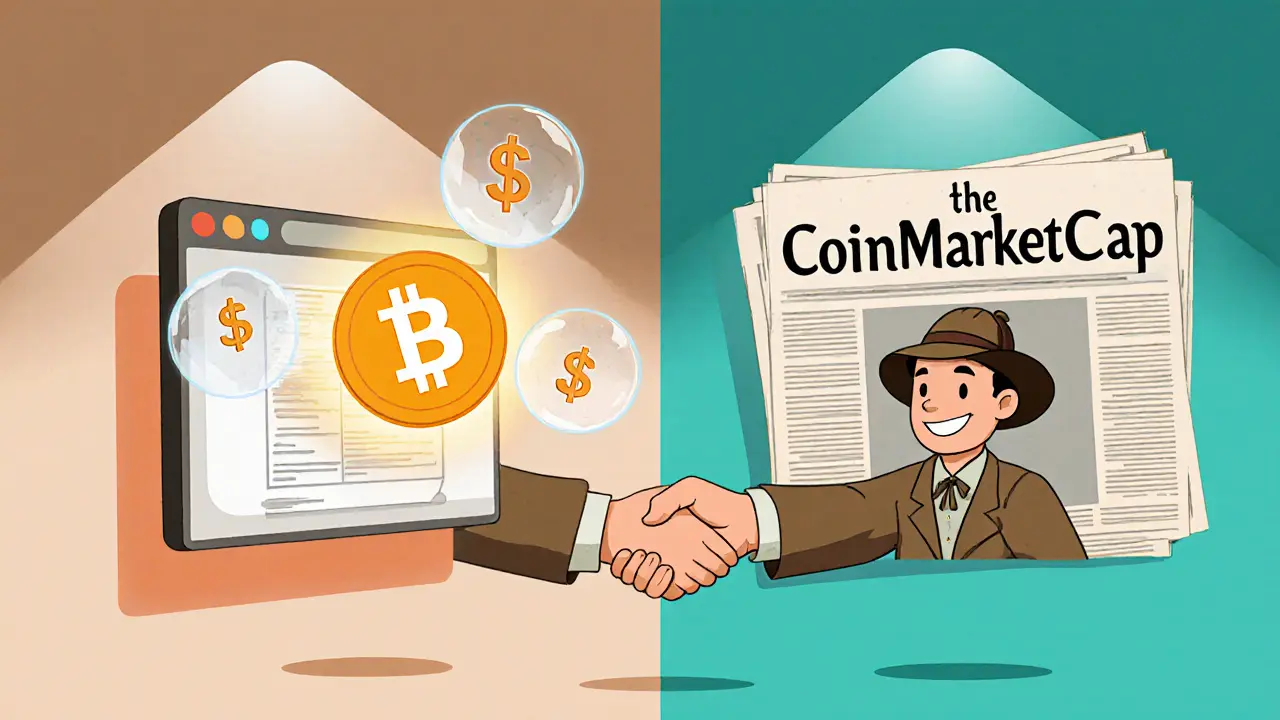Data Monetization: Turning Information into Income
When working with data monetization, the practice of converting raw data into measurable financial value. Also known as data monetisation, it relies on secure, verifiable mechanisms to let owners sell, license, or reward data usage. In the crypto world, this often means pairing data with digital assets so that every transaction is tracked on a public ledger.
Stablecoins, cryptocurrencies pegged to a stable asset like the US dollar are a common bridge for paying for data because they avoid the volatility of traditional tokens. DAO treasury, a pooled fund governed by token‑holders provides the financial muscle to fund data‑sharing projects while keeping control decentralized. Meanwhile, governance tokens, assets that grant voting rights in a protocol can reward contributors who supply high‑quality data, aligning incentives across the ecosystem.
Why Data Monetization Matters in Crypto
Data monetization encompasses tokenization of user‑generated information, turning a spreadsheet into a tradable asset. Tokenization requires a blockchain that guarantees immutability, so anyone can verify that the data hasn’t been altered. This transparency influences trust in marketplaces, making it easier for firms to buy analytics without fearing hidden biases.
Blockchain also enables micro‑payments via stablecoins, meaning a sensor can earn a few cents each time its data is queried. Those tiny payouts add up when millions of devices participate, creating a new economy for IoT, medical records, or consumer behavior insights. Projects like Helium Network illustrate this: they reward hotspot owners with tokens for providing connectivity data, a clear case of data monetization in action.
Governance tokens add a social layer. Holders vote on which data sets get prioritized, how fees are split, and what privacy safeguards are required. This democratic approach keeps the system adaptable and prevents a single entity from hoarding valuable information.
DAO treasuries act as the financial backbone, collecting fees from data purchases and redistributing them to contributors or reinvesting in infrastructure. By separating ownership from control, DAOs ensure that the value generated stays within the community that created it.
Across the articles on TokenSummary you’ll see real‑world examples: stablecoins powering cross‑border payments, Japanese regulations protecting crypto users, fan tokens engaging sports fans, and governance token benefits that reshape DeFi. Each piece shows a facet of how data can be packaged, sold, or rewarded in today’s market.
Below, you’ll find a curated set of guides, reviews, and deep dives that explore these concepts from every angle—whether you’re curious about stablecoin use cases, looking to understand DAO treasury best practices, or hunting for the latest token‑driven data platforms. Dive in to see how the pieces fit together and how you can start leveraging data monetization in your own projects.

